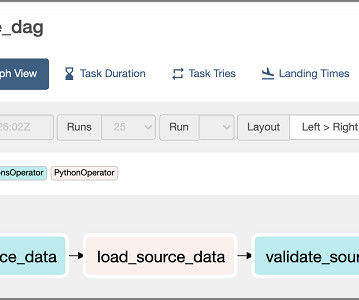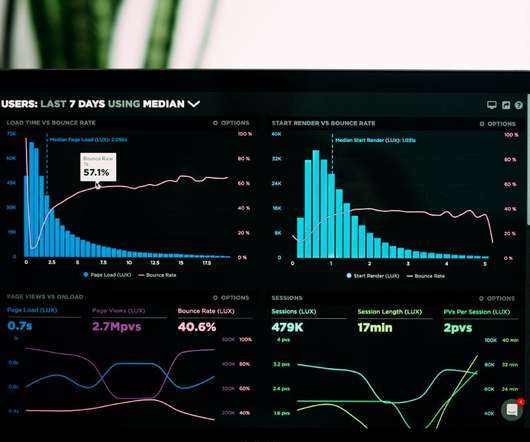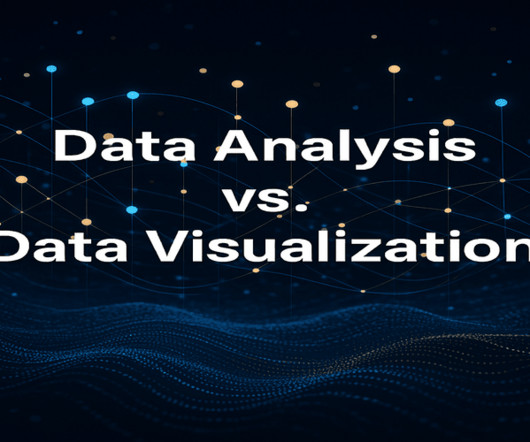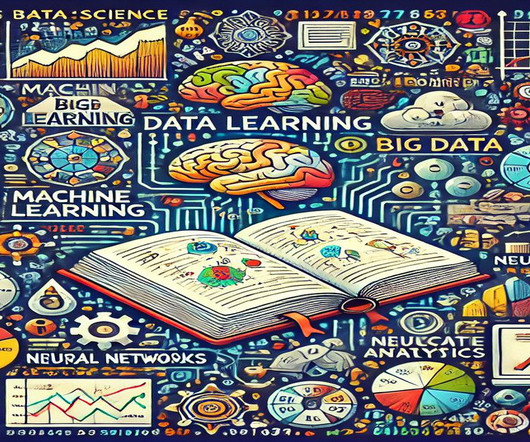11 Open Source Data Exploration Tools You Need to Know in 2023
ODSC - Open Data Science
FEBRUARY 24, 2023
ydata-profiling GitHub | Website The primary goal of ydata-profiling is to provide a one-line Exploratory Data Analysis (EDA) experience in a consistent and fast solution. VisiData works with CSV files, Excel spreadsheets, SQL databases, and many other data sources.












Let's personalize your content